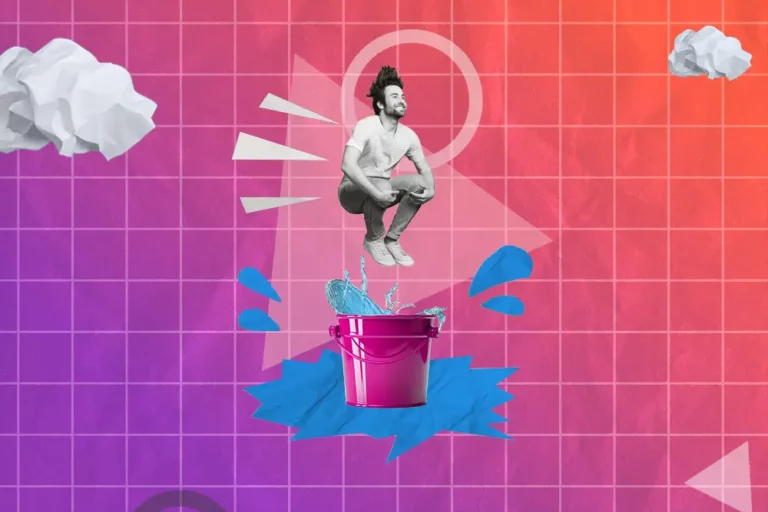The imperialistic Product Owner

When we think we know the answer then we are less likely to ask important questions. This is the danger of executing projects/developing products with people who carry the “I have done this before and there is no better way or why fix what is not broken” mentality.
We are working and living in unprecedented times where our only constant is change. Anyone who builds solutions needs to be aware that they are building for future problems that they do not even know they will have.
Empiricism is a critical skill/ mindset to have when entrusted with building solutions. The definition of empiricism according to philosophy is a view that all concepts originate from experience1. It is a view that every solution that we will ever propose and build only comes from what we have observed or learned.
This is where the customer at the table talks stem from. We build with the customer not only in mind, but ideally with them right there with us; giving us constant feedback and we ensure that our customer has a say in what is being build based on their experience of the solution we are building.
According to the state of agile report 2021 Only 28% 2 of the respondents agreed that they have an easy access to their customer information and that customer centricity is a focus for them. Even though organisational teams know the importance of incorporating the customer into their product journey, the practical implementation of this appears to be a barrier for organisations in general.
To become more customer centric, one needs to shift away from merely asking for customer opinions, a continuous feedback loop is required between product development and customer. getting working solutions out to customers as quick as possible, observing their interaction and then adapting or building the next increment and incorporating all the observations and feedback, thus applying our imperialistic technique to build the right solution.
A thriving PO is one that is placed in an environment that allows for experimentation and learning. This means to build a solution iteratively, learn from both the success and failures of that iteration then repeat the building cycle again and add onto your solution gradually until you have something of value.
1 https://www.britannica.com/topic/empiricism
2 State of Agile Africa, 2021
INSIGHTS





